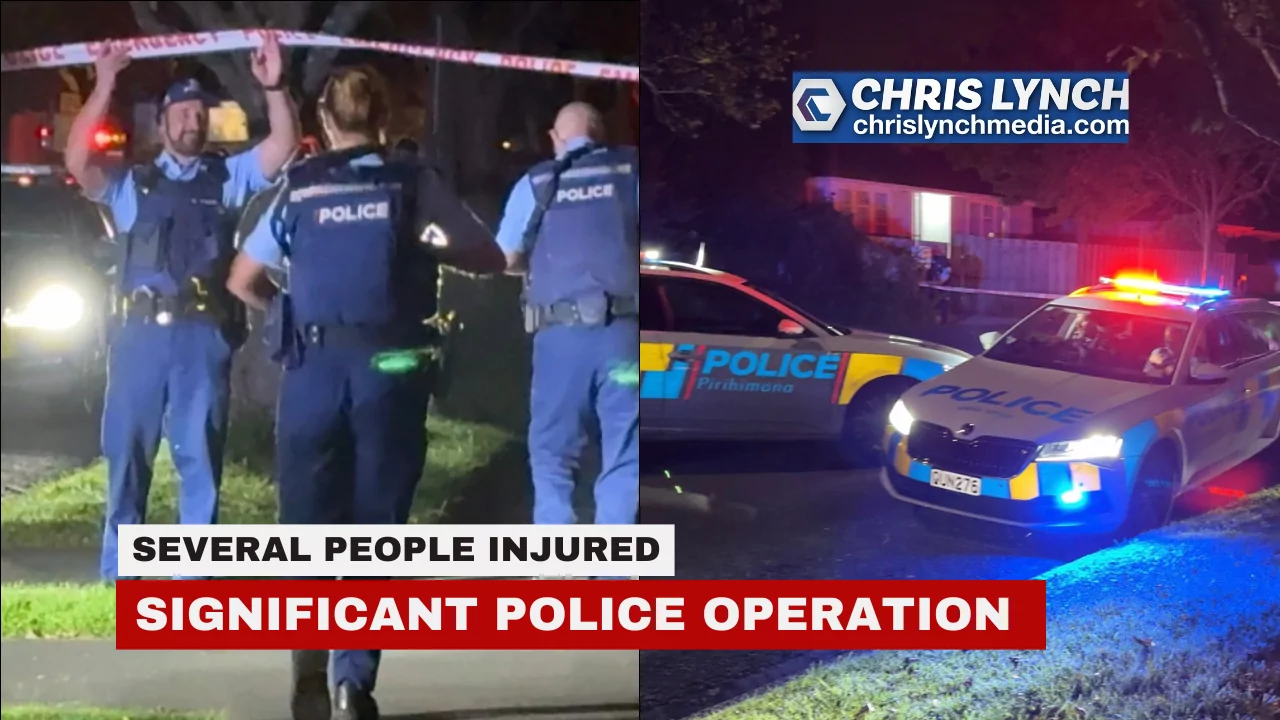Escaped youth tracked by Eagle helicopter, found hiding in New Brighton
The young person who escaped from a youth justice facility in Rolleston has been located...
The Government’s decision to rewrite New Zealand’s pay equity laws has drawn starkly opposing responses from two Christchurch MPs, one describing it as fiscally responsible reform, the other warning it amounts to dismantling hard-won progress for women in undervalued sectors.
Banks Peninsula MP Dr Vanessa Weenink defended the changes, saying the previous process was “deeply flawed and difficult to navigate,” with comparisons being drawn between roles with vastly different skill sets and responsibilities.
“We’re talking about admin staff being compared to mechanical engineers, and social workers being matched with air traffic controllers,” said Weenink.
“That doesn’t make sense. If we want these claims to succeed, the process needs to be credible.”
The new legislation increases the threshold for lodging a gender-based pay equity claim, requiring at least 70 percent of the workforce to be female, up from 60 percent.
It also removes a pool of funding that had been set aside to help settle 33 pending claims.
Wigram MP Dr Megan Woods said the timing and method of the change were unacceptable.
“This was rushed through in just 36 hours under urgency,” Woods said. “We’re not just talking about tweaking a policy. This Government has pulled up to $3.8 billion off the table — money that was earmarked for workers who had legitimate, well-progressed claims.”
Woods argued the change directly impacts workers in community health, aged care, mental health services, and hospice support, sectors largely staffed by women.
“These aren’t speculative claims. Many were near settlement. To remove that pathway now, after years of work, is not just a setback, it’s a betrayal.”
Weenink pushed back, saying, “It’s not about cutting equal pay. Equal pay remains. What’s changed is how pay equity claims are initiated and measured.”
When challenged on the impact of withdrawing funding for existing claims, Weenink said, “We are in a tough economic position. We don’t have the luxury of continuing the previous Government’s approach of unfunded promises. These are difficult decisions, but they are necessary.”
But Woods questioned the priorities behind those decisions.
“This Government is choosing tax cuts over fair pay for workers,” she said. “We’re already seeing the consequences. Rest home workers in my electorate who used to walk 45 minutes to and from work can now afford the bus because of a pay equity settlement. That was real progress. This move erases it.”
Woods also criticised the lack of transparency, saying, “Ministers keep alluding to ridiculous claims being made but won’t give examples. If there were claims that undermined the integrity of the system, they should front up and explain them.”
Asked whether some funding might still be available, Weenink confirmed it would be “at a lower level” and said the amount was “budget sensitive.”
She acknowledged the changes may be unpopular but said they reflected economic reality. “We didn’t come into office to make easy decisions. We came to fix the mess Labour left behind.”
When asked if the changes risked losing support among women voters, Weenink responded: “Of course this isn’t something we’d do unless we absolutely had to. But the opposition’s claims are highly politicised and, frankly, misleading.”
Woods was unconvinced. “Let’s be honest, the people losing out here are women. That’s the bottom line. And no amount of spin changes that.”
The legislation has now passed under urgency.


